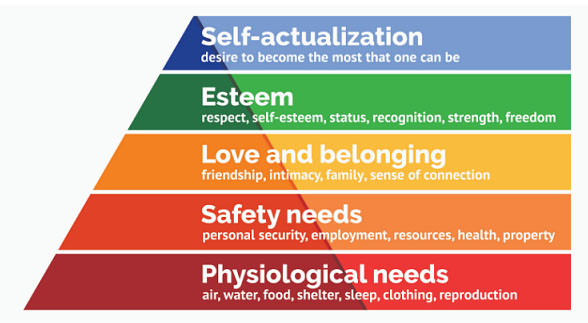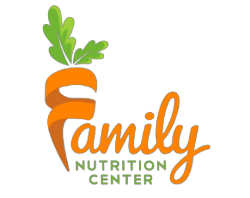
We have all heard the adage that breakfast is the most important meal of the day. As adults, we usually roll our eyes at this advice, grab our coffee or energy drink, calling it good until sometime midafternoon. We know it is not a healthy choice, but many of us fall into this routine and seem okay. However, when it comes to school-age children, this saying is not only true but can also set the mood for a child’s whole day.
The first thing that every educator is taught when they are in college or certification classes is Maslow’s Hierarchy of Needs. This is drilled into our heads over and over again to ensure we understand it so we can apply it to our classrooms. Maslow’s hierarchy of needs states that if basic human needs are not met, we will not thrive emotionally, physically, or mentally. His 5 basic needs form a pyramid, and what’s at the bottom of the pyramid, the physiological needs of air, food, water, shelter, sleep, etc. these needs are the basis of survival (Cherry, 2022).

Without these needs, we cannot function on a higher level. This means for educators if a child is hungry, tired, or thirsty, they will not be able to focus on anything else, especially not on a teacher standing at the front of the room reviewing spelling words, math problems, or nouns and verbs. Before becoming a student, they need to have these needs met.
When a child has a meltdown or behavior issues, first thing in the morning, the first question an effective teacher or administrator will ask is, “are you hungry?” and most of us have snacks on hand for those students that answer yes. This is because we have learned that if a child cannot self-regulate first thing in the morning, they usually do not eat breakfast. They are too young to realize what is wrong, but upon providing them with breakfast, the teacher has a new student ready to tackle a day of learning. It proves that breakfast is so important to a child becoming a successful student.
Have you ever noticed that when schools have parties or celebrations, they are at the end of the day? This is not an accident. This is because the sugar crash is a real thing. Every parent has had a child that gets hyped up on sugar, runs around the house for 20 mins, gets cranky, cries, then falls asleep; now multiply that by 25 or 30! Difficult to control in your house, almost impossible to control in the school. As educators, we purposely plan celebrations at the end of the day so that sugar crash does not happen while there is more learning that needs to take place. As an educator, my point is if you feed your child a breakfast (or lunch) that is high in sugar, sodas, sweet cereals, donuts, etc., that sugar crash is going to happen during the school day when they should be learning, and physiologically they can’t. Their bodies (and brains) do not have what it needs to learn. Behaviors issues can take place as well.
Nutrition can be overwhelming for parents, and Healthy food seems expensive, but it doesn’t have to be. Many schools offer breakfast and lunch to students, which can also be free or reduced for some families. These meals have been created by Registered Dietitians/Nutritionists to ensure they are balanced and nutritious for the students. To see if you are eligible for free breakfast and lunch meals, either contact your school or fill out an application on this website. https://www.fns.usda.gov/cn/applying-free-and-reduced-price-school-meals. If you prefer to make your own meals, reach out to a Registered Dietitian/Nutritionist or your pediatrician to seek advice on how best to balance the meals for your student. The main thing to remember is that what goes into their bodies will equal the quality of learning that comes out; just ask my pal, Maslow.
Candida Wadsworth M. Ed.
https://wadseduconsulting.com/
Family Nutrition Center of South Florida (FNC) is pleased to announce the addition of an Education Specialist Consultant, Candida Wadsworth, M.Ed, to spearhead a project focused on health literacy.
Cherry, K. (2022, August 14). Maslow’s hierarchy of needs: Maslow believed that physiological and psychological needs motivate our actions. verywellmind.com. https://www.verywellmind.com/what-is-maslows-hierarchy-of-needs-4136760




